Most cats reach their senior years when they are around eleven years old. Nowadays, cats live long and healthy lives, with many making it into their late teens. Some kitties even get into their twenties! Kitties usually age gracefully. You’ll probably notice subtle, incremental changes in Fluffy’s appearance and behavior, rather than abrupt, unexpected transformations. However, just like older humans, senior cats need to see their doctors a bit more often. In this article, a Middletown, DE veterinarian offers helpful guidance on bringing an older kitty to her animal clinic.
What Happens At Senior Cat Veterinary Appointments?
If Fluffy is merely coming in for an exam and wellness care, the appointment will most likely be a lot like her regular checkups have always been. Fluffy’s veterinarian will evaluate your furry buddy’s overall health and monitor vital indicators like pulse and breathing. Also, they will provide you with information on any recommended vaccines or boosters for Fluffy. Additional tests or panels may be required based on your cat’s age and any symptoms she displays.
Keeping Your Senior Kitty Safe and Happy
There are a number of things you can do at home to make sure your beloved pet stays healthy, happy, and purring through her golden years.
First and foremost, offer your feline friend a good diet, a comfy living space, and a clean litterbox. It’s also crucial to give Fluffy lots of toys and playtime. Don’t worry if your pet taps out after a few halfhearted pounces: the exercise and mental stimulation will still be good for her.
You can also make simple improvements to make your home more suitable for older kitties.
- Consider purchasing pet ramps or steps to help your cat access her favorite resting areas.
- Night lights can help Fluffy navigate the house after dark.
- Beds are also quite vital for our feline friends. Provide plenty of comfortable areas for your furball to take all those naps.
- A senior-friendly litterbox will have lower sides, which makes them more comfortable for older kitties to get in and out of.
Finally, ensure that Fluffy feels loved and safe. Senior cats are often very lovable and affectionate, and their purrs are quite precious! Enjoy every meowment with your feline companion!
Of course, these are just general suggestions. You’ll want to ask your veterinarian for specific information about your lovely pet’s shifting care requirements.
How Often Should My Older Cat Visit Her Veterinarian?
This will depend on Fluffy’s age, health, and lifestyle. Annual check-ups are suggested for all kitties, but seniors may benefit from more frequent appointments, especially if they have health problems. Follow your veterinarian’s recommendations. Of course, if you notice symptoms of disease, you should schedule an appointment immediately.
What Are Some Of The Most Common Health Issues In Older Cats?
Like humans, cats can develop a variety of health difficulties as they age. Kidney disease is a common one. Diabetes, hyperthyroidism, cancer, heart disease, liver disease, osteoarthritis, and IBD are also not uncommon among our older patients. Another typical problem that senior cats may experience is Feline Lower Urinary Tract Disease (FLUTD), which can cause urine obstruction, bladder stones, and renal difficulties. Cognitive decline is also common among elderly cats, even if they are otherwise healthy.
While any feline can contract ailments, certain breeds are more likely to develop specific health problems. A kitty DNA test might be beneficial.
Tips For Taking Fluffy To The Middletown, DE Veterinary Clinic
Fluffy probably won’t suddenly fall in love with going to the vet’s office. The majority of felines prefer to stay at home so that their regular sleeping schedules are not disrupted. Man’s Second Best Friend also generally dislikes automobile rides. (Actually, that is an understatement.)
You can take a few actions to improve Fluffy’s experience:
Try to schedule your appointment when the clinic is less busy. Quiet days are never guaranteed, because emergencies can occur at any time. However, certain days and times are typically busier than others. Of course, if your furball is exhibiting symptoms of disease, you should bring her in immediately.
Drive carefully! Avoid sharp curves, rough roads, and rapid acceleration or deceleration.
When traveling, ensure that Fluffy is safely housed in a crate or carrier. This assures her safety and gives you peace of mind, as you won’t have to worry about your furball getting onto your lap while you’re driving. You can add soft bedding to make the carrier more appealing. Another option is to provide a favorite toy or some catnip.
Finally, always be very gentle when handling your furry friend. As cats age, they may experience stiffness and discomfort, especially if they have arthritis or other health issues. Fluffy might not enjoy being held. Be exceedingly careful when handling your kitty companion!
What Sort Of Changes Should I Expect As My Feline Companion Ages?
As previously indicated, our feline companions often reach their golden years at around 11 years old. An 11-year-old cat can still be energetic and lively, with many pleasant years of purring and pouncing ahead of her. When your furball reaches the age of 15, they will be considered geriatric.
In terms of changes, you may notice Fluffy sleeping more and being less active than she used to be. Your charming little friend may also appear a little disheveled. Older cats may have trouble with grooming. In addition, their fur tends to grow oily. Brushing your furball on a regular basis will benefit her. Fluffy may not be as playful as she once was.
Keep in mind that our feline friends age differently. Some kitties may appear to be in good health and purrfectly comfortable, only to suddenly decline. Others may only gradually succumb to the effects of illness, disease, or the natural passage of time.
Pay close attention to your feline companion and watch for any signs of discomfort or illness. These might be quite subtle! If you come across anything odd, please contact us immediately.
How Can I Be Able To Tell If My Aging Cat Isn’t Feeling Well?
Watch out for things like losing weight, having to urinate more, being stiff, puking, diarrhea, thirst that doesn’t go away, litterbox problems, and breathing problems.
It’s also important to keep an eye out for any behavioral changes. When cats are ill or in distress, they may vocalize loudly. Your feline buddy may also show strange behavior. For instance, a clingy, cuddly kitty may become grouchy and aloof, while a more nonchalant feline may suddenly start demanding attention.
Another red flag to be aware of is Fluffy’s lethargic demeanor. Fluffy has an incredible ability to sleep for up to 20 hours every day. However, if she continuously sleeps, she may have an underlying problem.
Contact your vet right away if you notice anything off. Keep in mind that cats tend to be quite secretive about feeling sick. You may not notice anything until Fluffy is quite ill.
Schedule An Appointment At Our Middletown, DE Animal Hospital
Are you interested in learning more about the proper care of an elderly cat, or would you want to schedule an appointment for your feline companion? Don’t hesitate to contact us at your Middletown, DE animal clinic whenever you need help. We are always delighted to help!

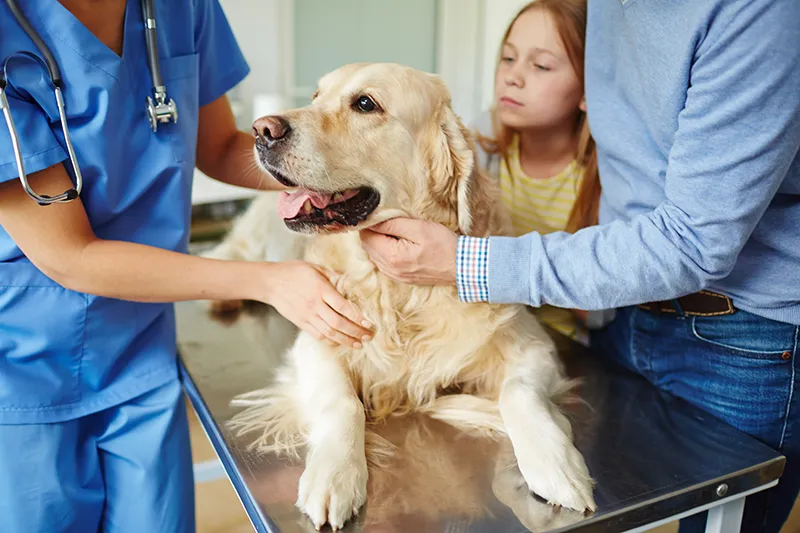
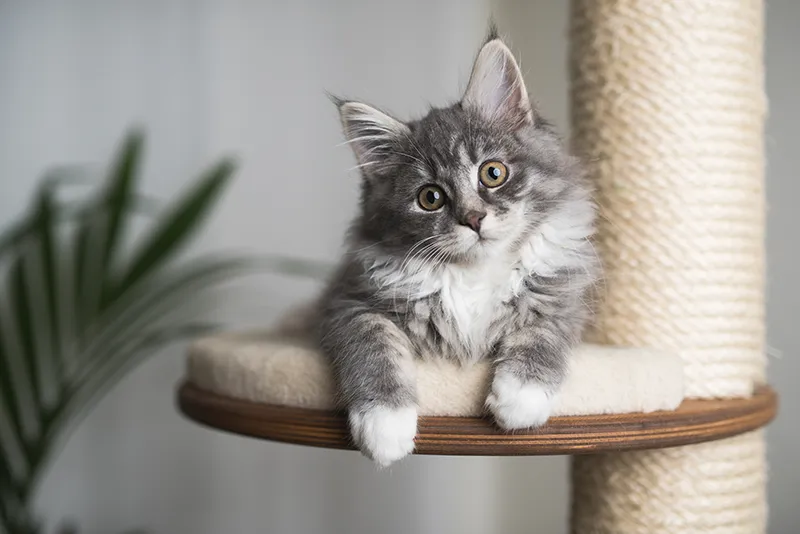

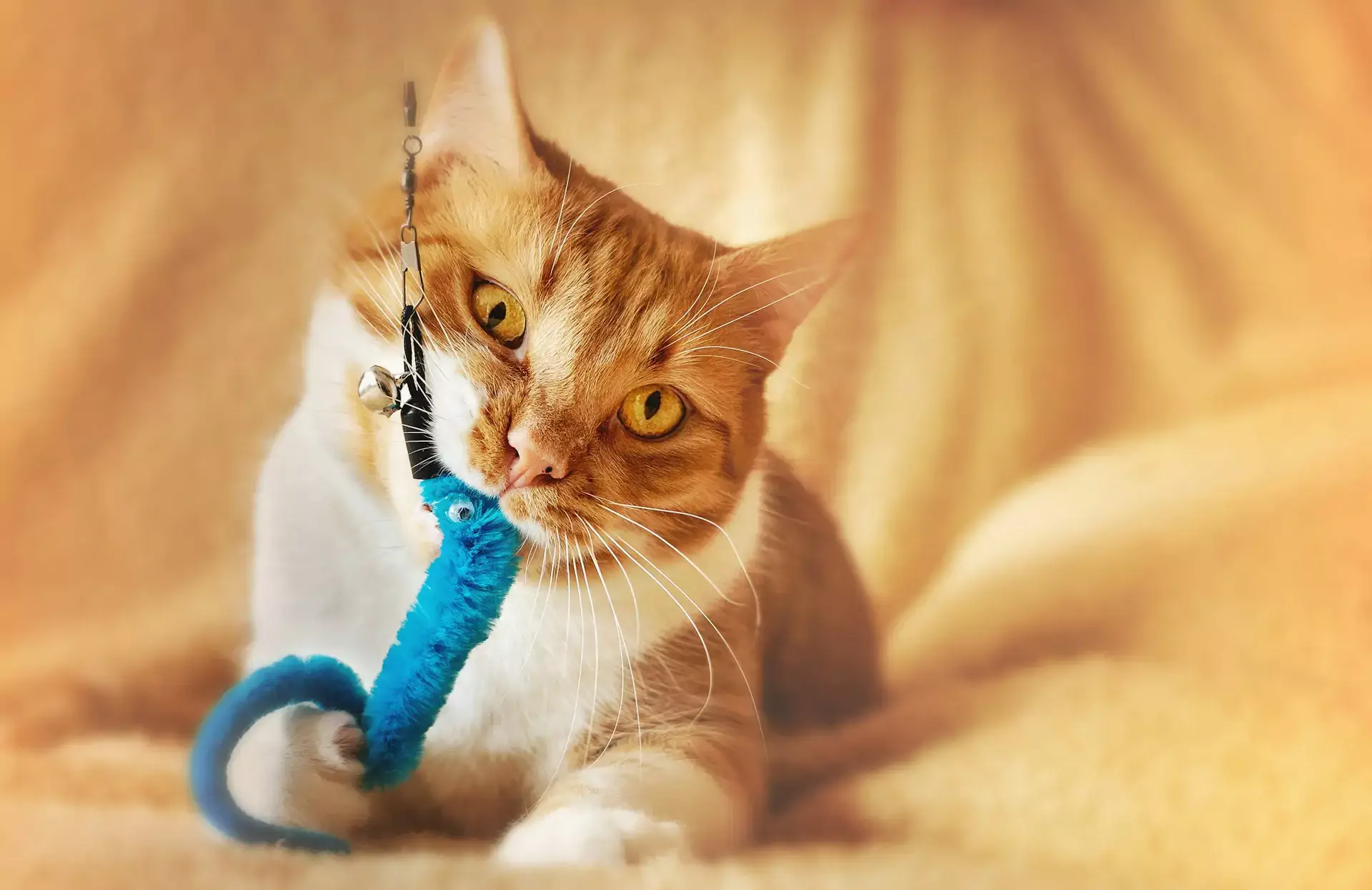
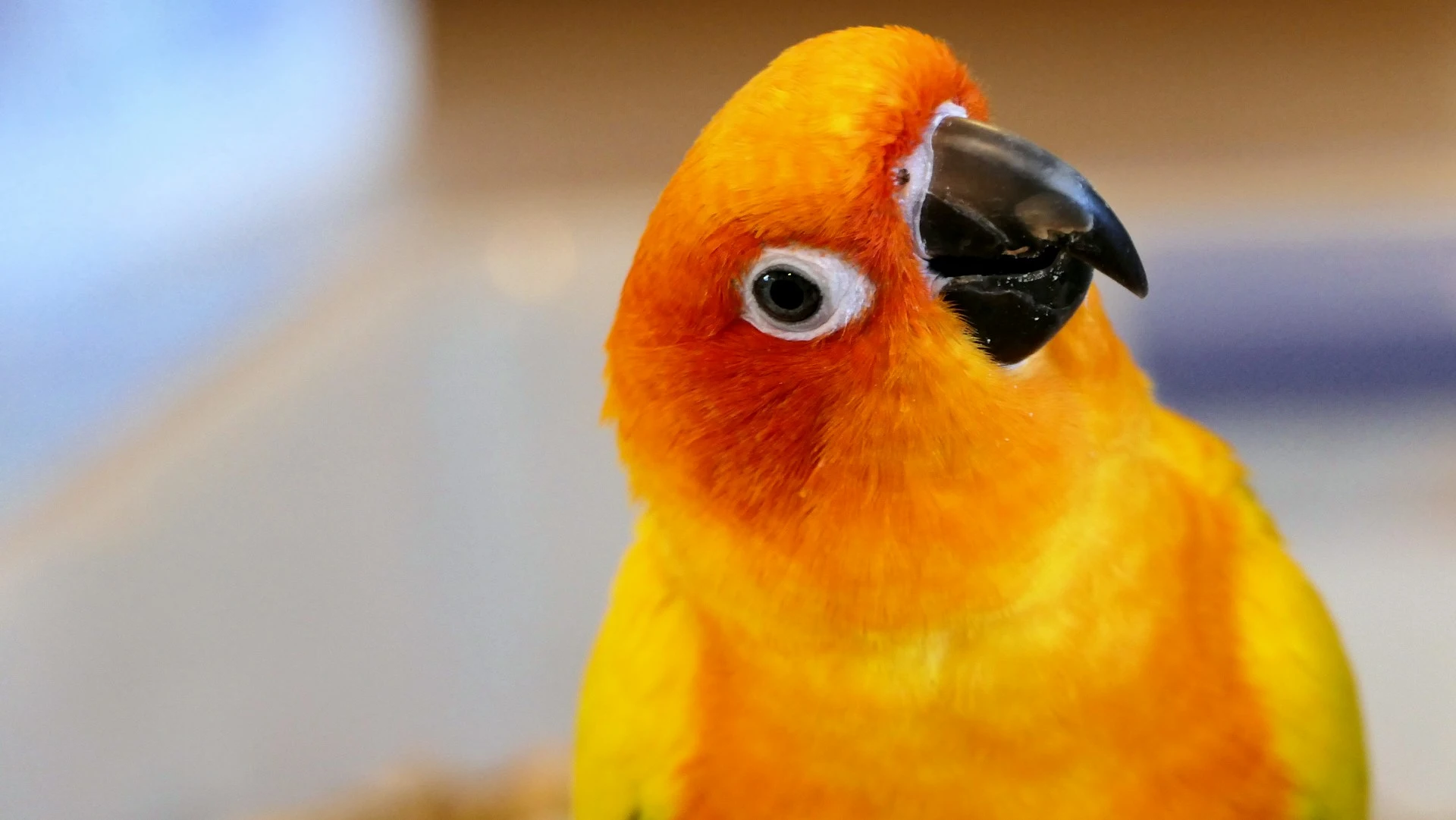
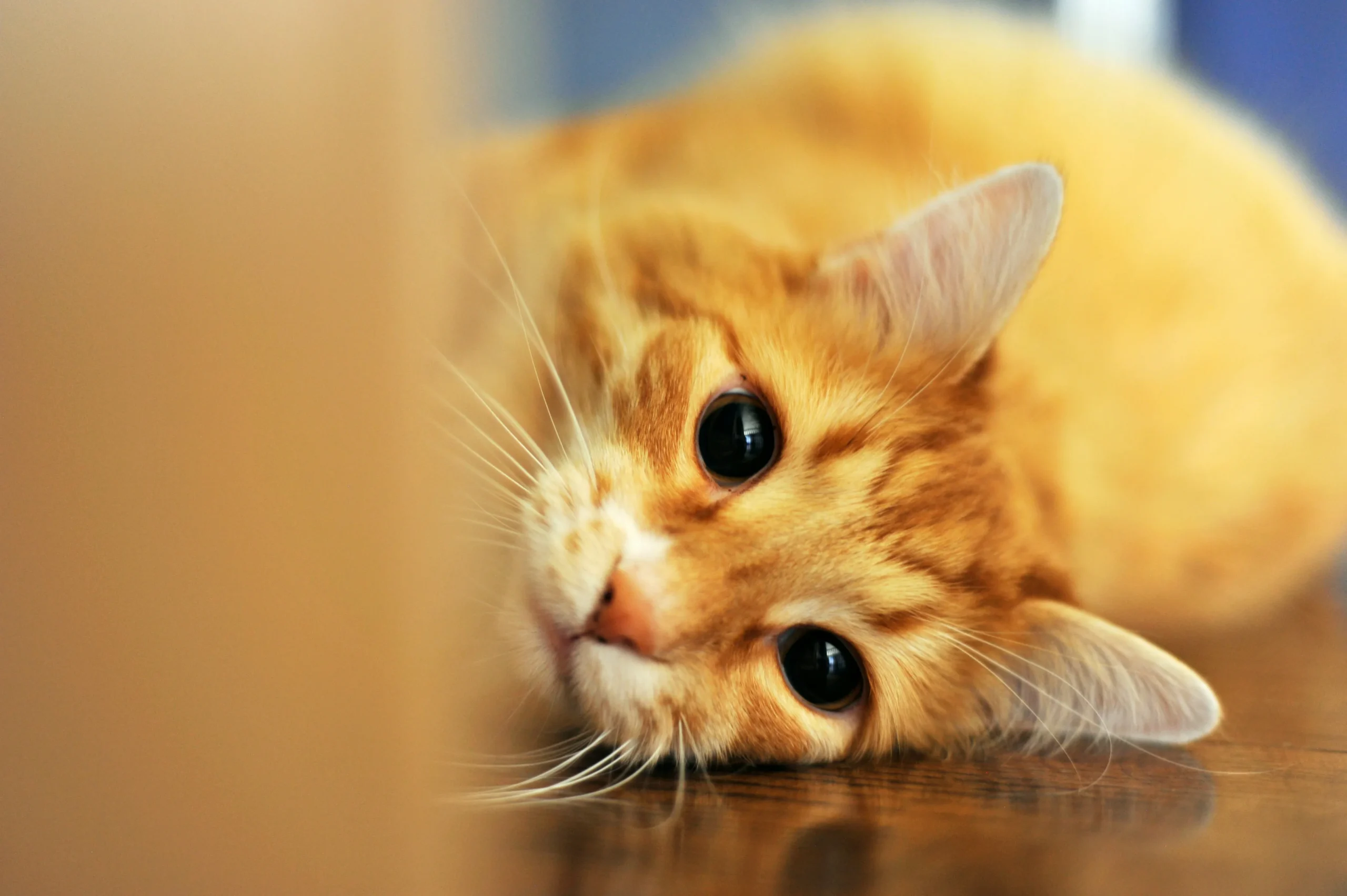
!Social Media Icons